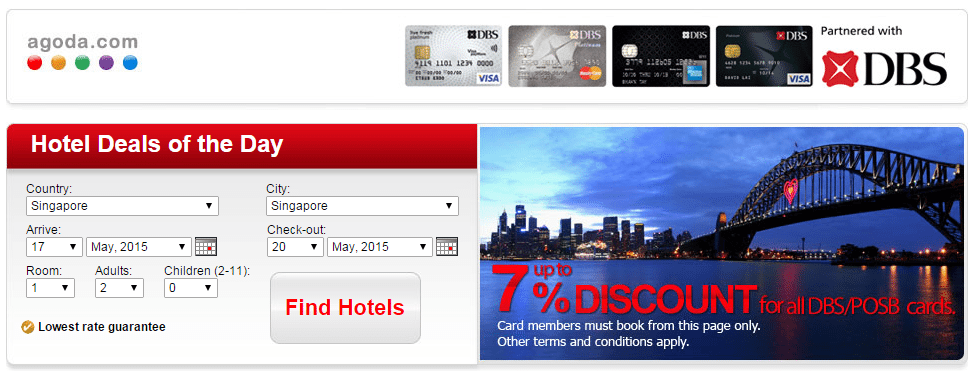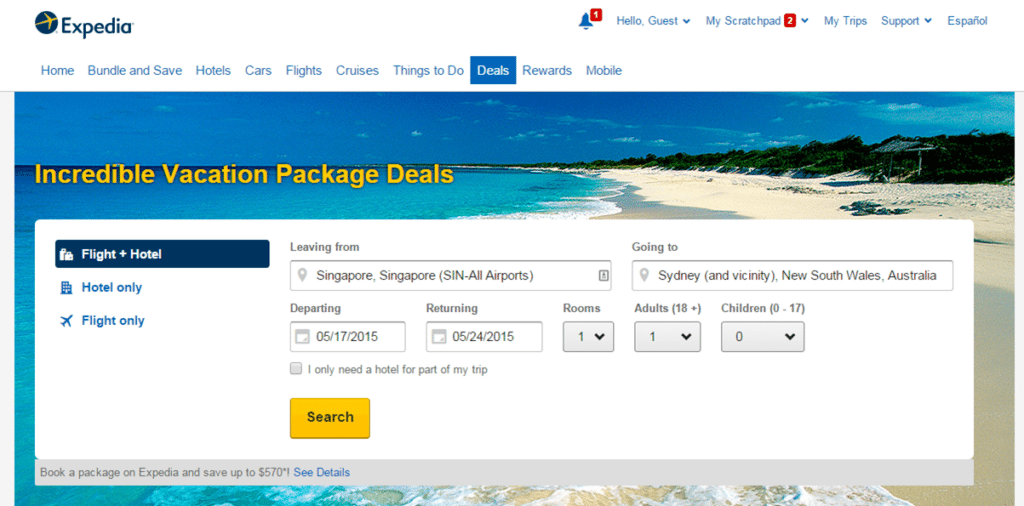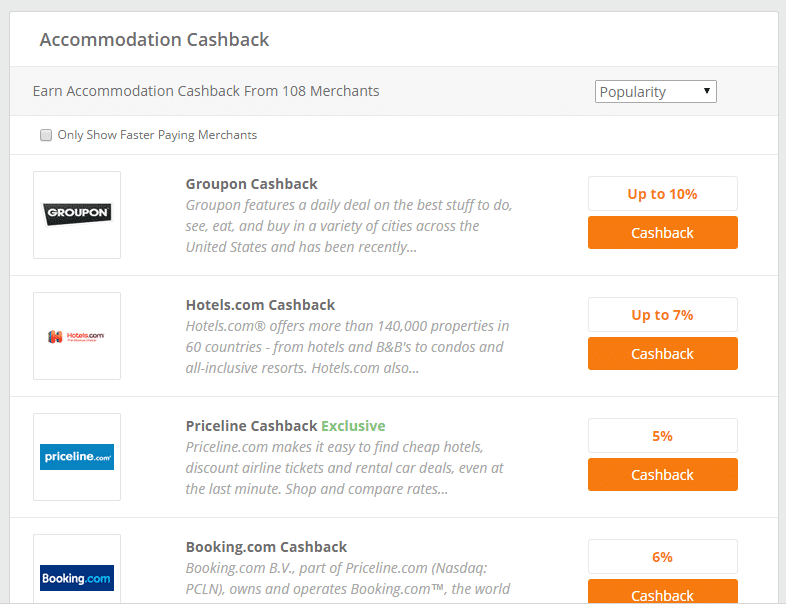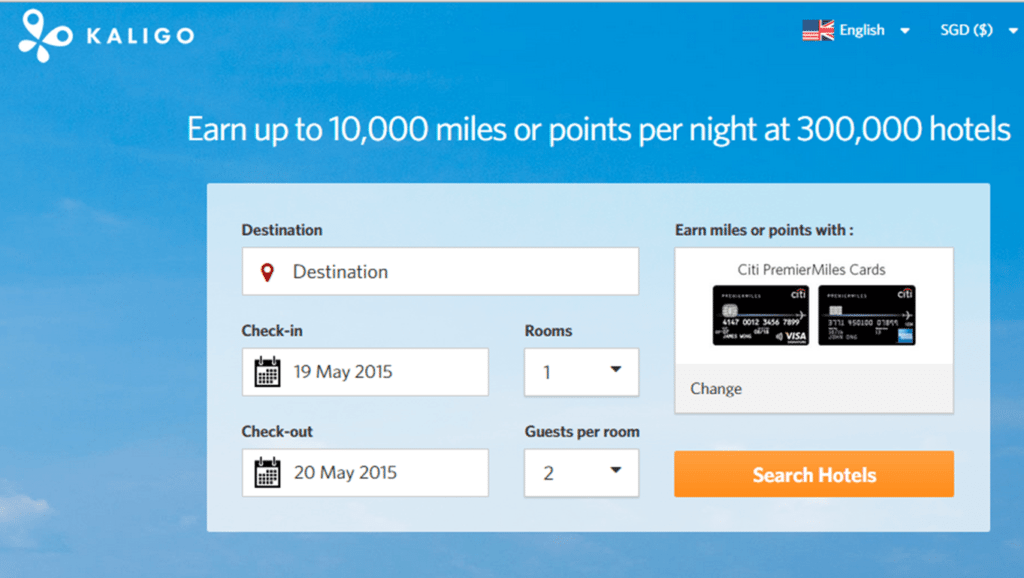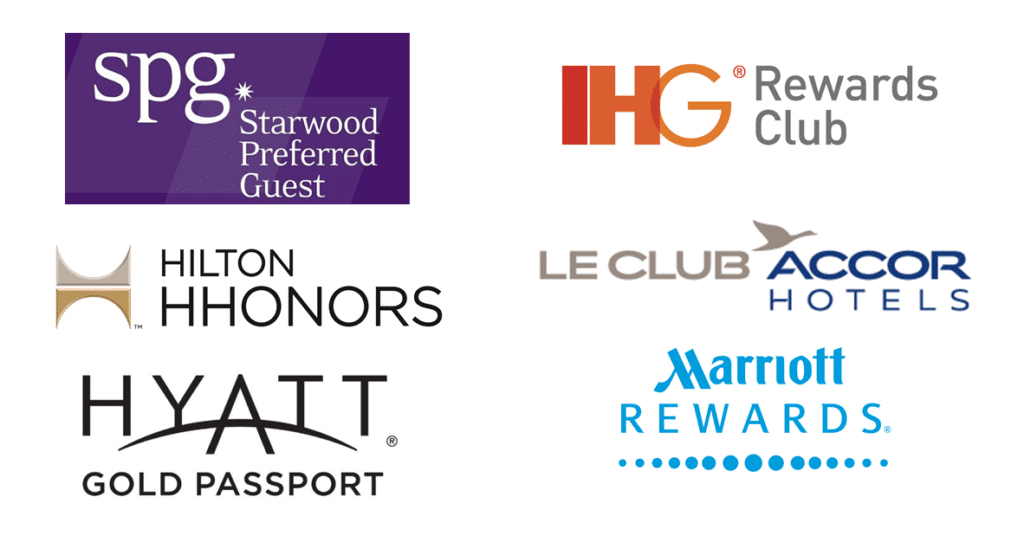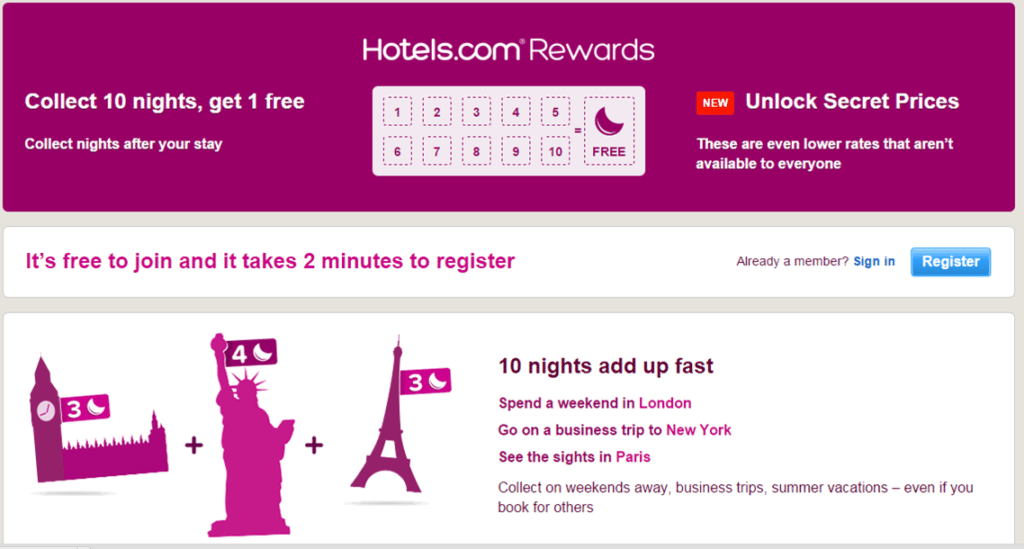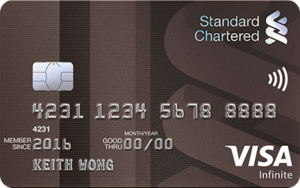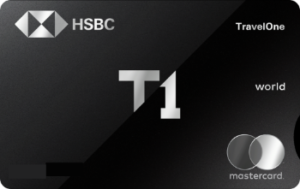photo by victoriapickering
Thank you everyone for your participation in the launch competition! Judging from the questions I’ve received it seems there’s a great interest in the role of Online Travel Agencies (OTAs) and how they fit into the picture. I received 3 similar-ish questions about this, so I’ve decided to award 2 prizes for this week and let the random number generator do its thing to pick the 2.
Congratulations to Sylvs and Marcus N- I’ll be getting in touch with you very shortly to get your details.
In the first week we’ve had 404 unique visitors and 1,410 page views, as well as considerable buzz on the Facebook. And we will shortly have an Instagram page too, whatever that is. For those of you who are too shy to send in questions, we’ll make it easy for you. Details to follow!
Here are the 2 questions
Sylvs: OTAs vs. AirBnb vs. Hotel’s websites. Which should we use?
Marcus N: Should i book air tickets and hotel accomodation together on aggregators like zuji and expedia or split booking?
And here’s the response below:
An introduction to OTAs
Both your questions seem to be asking about the value of OTAs, so it’s good to cover OTAs in general first before drilling down to your questions specifically.
There are countless OTAs to choose from online- Hotels.com, Booking.com, Travelocity, Orbitz etc. Because of the abundance of sites, one may think the competitive forces in this industry are very strong. However, this isn’t the case.
The reason is that many of the big name OTAs are under the same management. In Feb this year, Expedia and Orbitz merged, meaning that Expedia, Orbitz, Travelocity, Hotels.com, CheapTickets.com, Hotwire, Venere, wotif and trivago are now all under the Expedia umbrella.The next largest group is Priceline, which owns Priceline.com, Booking.com, Kayak, Rentalcars.com and Agoda. After that, you’ve got a mish mash of smaller brands without any real share. In other words, 2 groups own the majority of all OTAs.
I personally do not use OTAs very frequently (with 1 major exception- see below). However, I’m going to share the pros and cons with you below so you can come to an informed conclusion on your own.
Advantages of using OTAs
- Potentially lower prices through coupons and credit card tieups
If an OTA offers a lower price than the hotel’s official website, you typically can lodge a BRG request to get them to match the price (and in many cases, offer an additional discount).
However, most BRG claims do not cover lower prices arising from coupons or credit card discounts. I’ve occasionally seen coupons for as high as 12-15% online (refer to this Flyertalk thread for the latest) which anyone can use.
Also, many local credit cards partner with OTAs to offer booking discounts. I’ve summarised the tie-ups below
| Bank | Promotions (expiry date) |
| Citibank |
|
| UOB |
|
| OCBC |
|
| DBS |
|
Note that the tie ups may come with strings attached-certain chain hotels may be excluded.
- Potential savings through bundling
Sites like Expedia and Orbitz offer flight+ hotel packages where you get a discount if you buy both your hotel and flight from the OTA. I haven’t used this option before but I’ve plugged in some figures to play around with, and I’ve found that on a like for like basis, the OTAs will deliver cheaper rates. That is, given the hotel and flight combination the OTA suggests, buying it via said OTA will be cheaper than buying the exact same flight and hotel separately
However, the OTA did not always suggest the “best” combination. I was able to create my own package with an equivalent starred hotel in the same district plus similar timed flights for about 20% less.
Booking such packages limits your flexibility to change dates- most of the deals I saw were non-changeable and non-cancellable. Also, one-way journeys or stays involving multiple cities are not possible (eg if I’m doing a road trip through Europe, flying into Paris and leaving via Frankfurt with many small cities inbetween). This option is only feasible if you’re flying into 1 city, staying there for the whole duration and then flying out from the same city.
- Higher cashback from cashback sites
Cashback sites give you a % back on your stay when you book through them. Through a cashback site I can either access the hotel’s official booking page (and earn the associated points and elite status credit) or an OTA. OTA cashbacks are typically between 5-8% for hotel rooms, whereas official hotel sites range between 3-4%.
- Milesback sites
I’ve covered mileback sites over here, suffice to say that there are specialised OTAs which will give you attractive miles earning when you book stays. Remember that with Kaligo, you get 10 miles per S$1 spent with Citibank Premiermiles cards.
Drawbacks of using OTAs
- Hotel nights do not earn points or count towards elite status
Hotel chains strongly disincentivise individuals from using OTAs to book their properties. The reason is simple- OTAs typically take a cut of the revenue per night, up to 20% in some cases. That’s a tremendous cost to the chains. Therefore, it is standard policy among Starwood, Marriott, Hilton etc not to award any points on stays booked through 3rd party OTAs. Nights also do not count towards elite credit. If you already have status with a chain, you are typically not entitled to any benefits when making a stay booked through a 3rd party OTA (although some properties may grant them on a goodwill basis)
- Really stingy rewards programs
Like, really, really stingy. Hotels.com, for example, has the Welcome Rewards program where you get 1 free night with every 10 night stayed. However, the value of your free night is capped at the average value of the 10 previous nights you stayed. This is equivalent to a 10% rebate. Which isn’t fantastic, because you could get much better value by getting quick mid-tier status in a hotel loyalty program and signing up for the quarterly earnings bonuses chains frequently have.
Expedia’s program is even worse. Under Expedia Rewards, you get 2 points per $1 on hotels and 0.2 points per $1 spent on airfares. Their points used to be worth roughly 1 cent each, which is already very low. Then in 2013 they devalued their program without notice and reduced that value to ~0.6 cents.
To put it another way, you’ll need to spend US$70,000 on hotels to get a $1,000 voucher. You’ll need to spend US$700,000 on airfares to get a $1,000 voucher. Seven hundred freaking thousand dollars.
So don’t sign up with OTAs just for their rewards program- it’s a losing proposition.
- More likely to be walked during full occupancy
Hotels have an internal hierarchy of people to walk (ie turn down) when they’re full- and as you guessed, those who book through 3rd party OTAs are high on that list. After all, loyalty isn’t the reason they chose you, so why should you worry about losing their future business?
That said, different hotels have different compensation for walks- if you don’t mind the inconvenience then being walked could actually be financially lucrative… more on that another time.
When should I use OTAs?
So to Sylvs- if you’re a price conscious traveller and don’t travel enough for loyalty to be an issue, OTAs are good options to help you save money. If you’re able to hack a rate that’s lower than the official website (and assuming you do it via a code and hence aren’t eligible for a BRG claim) then by all means go with it. Just don’t expect anything more than a discounted hotel stay- no upgrades, no special treatment, no extras.
AirBnB is a different proposition- I’ll probably cover that in a future post. Long story short, I prefer the convenience and amenities offered by a hotel, but if I’m in a town with crazy hotel prices on leisure travel (eg New York) I’d definitely give it a try. There are some ways you can save a bit more on your AirBnB stays- refer to my article here. Use my sign up link and get bonus credit!
To Marcus N- I wouldn’t use the bundling options simply because I believe I can find cheaper and better combinations on my own. Also, the inability to change any portion of your trip, plus the inability to do 1 ways/multiple cities may be an issue.
The biggest drawback for me as a business traveller is that you don’t get any points or elite credit at all for OTA stays. To summarise, I would use OTAs on leisure travel when I’m booking in small cities where the major chains don’t exist, or when I’m looking to book a stay in a luxury resort that is unaffiliated with any major chain. In the case of the former, an OTA will save me the time needed to research individual hotels. In the case of the latter, I could potentially find some discount codes to lower the cost of my stay by 5-10%.
I would always check the prices offered on OTAs before booking on the hotel’s official site in the hope of snagging a BRG claim as well.
If you’re travelling on your company’s dime and the difference in price is minimal, there’s absolutely no reason you should use an OTA.
Do you use OTAs? What issues have you come across? Let us know in the comments below

